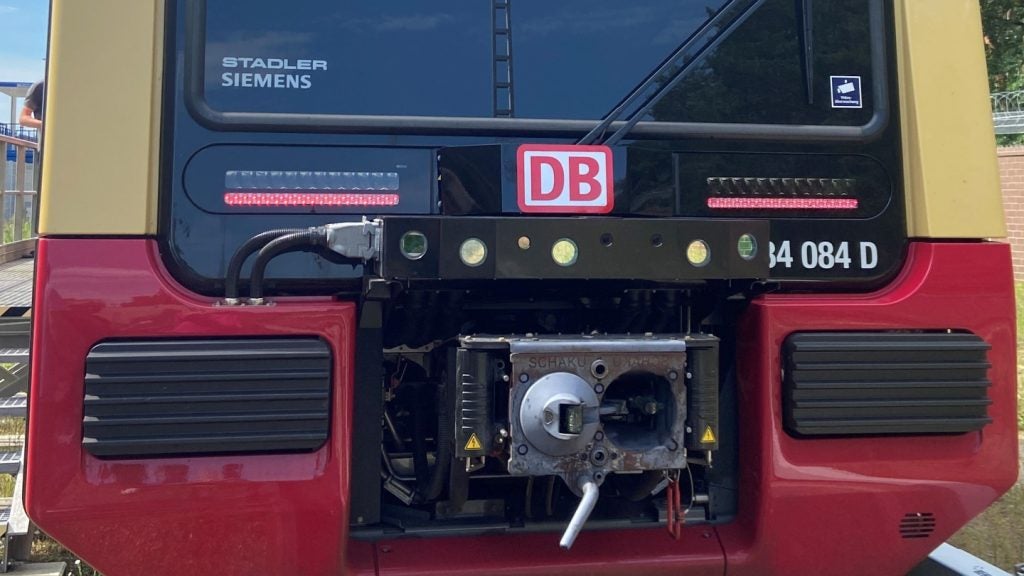Technology startup MainRail has announced the development of predictive algorithms for the risk of rail buckling in ballasted tracks.
By coordinating with the construction firm Azvi, MainRail started a pilot of its new predictive buckling module in the Mallorca Railway Network (SFM) in Spain.
The module features a set of algorithms that predicts the temperature reached by the train based on weather forecasts for up to five days.
It will also help detect the risk of deformations in the track as a result of these temperatures.
For the validation and adjustment of this development, internet of things (IoT) devices delivered by the British firm Yeltech were deployed on the track for the measurement of the rail’s actual temperature.
Algorithms will help forecast the risk of buckling in seven days while the IoT devices will provide real-time alerts of the rail temperature. This process helps adjust and validate the predictions of the algorithms.
How well do you really know your competitors?
Access the most comprehensive Company Profiles on the market, powered by GlobalData. Save hours of research. Gain competitive edge.

Thank you!
Your download email will arrive shortly
Not ready to buy yet? Download a free sample
We are confident about the unique quality of our Company Profiles. However, we want you to make the most beneficial decision for your business, so we offer a free sample that you can download by submitting the below form
By GlobalDataMainRail plans to commercialise the predictive buckling module in a short time. It will also exhibit the predictive buckling module Innotrans event in Berlin, which will take place between 20 and 23 September.
Using hybrid models, MainRail, in parallel, will focus on the development of new predictive algorithms for track quality and rail wear.
Hybrid models will use digital twins, historical track data, and AI algorithms.
MainRail is also reaching an agreement with the Spanish railway administrator (ADIF) to gather data from part of its infrastructure to be used in the current pilot for validation of the predictive algorithms.
The company already maintains the data of over 3,200km of infrastructure on its platform.






